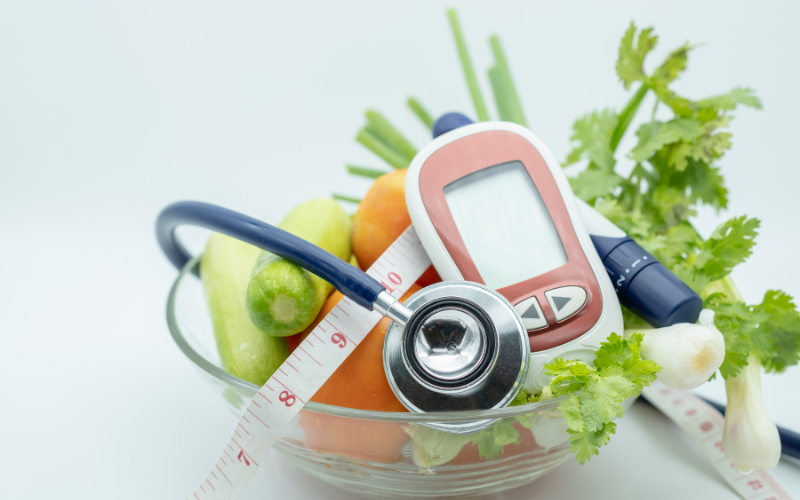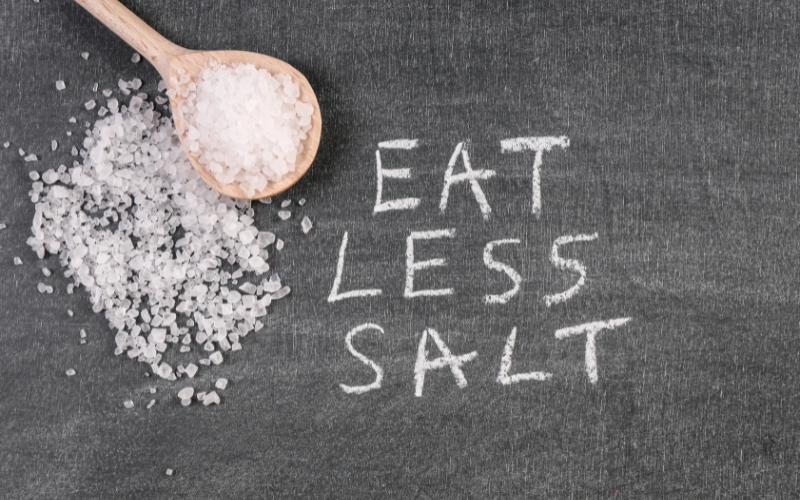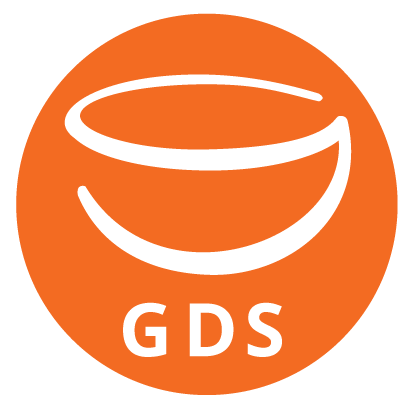NDIS Meal Providers and Your Healthy Weight Goals

Staying within a healthy weight range and reaching your health goals is a challenge for lots of people. We live in a time where highly processed foods are available at the click of a button. Snacks tend to be packed with sugar and refined carbohydrates. Ready meals in the supermarket are often lacking in balance and the kind of nutritional value that will see you reach your healthy weight goals. Finding a NDIS meal provider that will partner with you for your health and weight goals is a great way to get around the dangers of the supermarket – we’re looking at you snack aisles!
Cook it fresh
There’s no getting around the fact that fresh-cooked food is your best bet when aiming for healthy nutritional intake. While this has been the standard for most of human history, we’re witnessing a shift in our eating habits that lean towards convenience over nutrition. Our supermarkets don’t make healthy choices easier on us either, with many inexpensive processed options swaying us away from bothering to make from scratch.
Patients on the NDIS may find it even more challenging to create and stick to a healthy meal plan. This is why finding NDIS approved meal providers that cook fresh food and freeze it, rather than mass producing meals, factory-style can be a game-changer for your health. The best NDIS meal providers will cook your food from scratch without artificial ingredients and have nutrition and taste as their guiding principles. They will be able to partner with you to create a healthy diet plan that works for you.
Track your macros
‘Macros’ is short for macronutrients, and while it’s a bit of a trend these days to ‘track your macros’ – there is some good evidence behind it. According to medical researchers, Cedars Sinai, understanding macronutrients intake can be more important than counting calories for long-term weight loss and overall health goals.
Macros are essentially your big three dietary inputs – carbohydrates, proteins and fats. A typical intake balance might be around 40% to 50% carbs, 30% protein and around 20% to 30% fats, unless you’re following a specialist diet such as keto. Serious health devotees (like bodybuilders) might constantly calculate their macros, but just tracking for a few weeks can be very insightful. A NDIS meal service that provides all the macronutrient information for their meals will be invaluable in helping you achieve your healthy weight target.
Use a dietitian
If tracking your macros sounds too confounding, a professional dietitian is your best bet to get you onto a balanced and healthy meal plan tailored to your needs. Check your NDIS plan – a consultation with a dietitian may be covered if you need help to manage your nutrition.
Partnering with NDIS approved meal providers who can support you with registered dietitian recommendations can make this process so much easier. Your dietitian will be able to help you tailor your meal plan to meet all your macro needs and kick-start your healthy weight goals too. Conducting your dietitian consultation via telehealth can make it much more convenient for you, plus offers peace of mind that you can deal with an experienced NDIS dietitian regardless of location.
Healthy snacks
Snacks can be the downfall of any great diet plan. Especially when the supermarkets dedicate aisles and aisles to mindless munching! Unfortunately, this trend is only growing, with the Australian Bureau of Statistics data showing that Aussies are cutting back on veggies, while snack consumption is growing. Alarmingly, snack foods constituted nearly 40% of total dietary intake in 2022-23. In the same period, vegetable intake went down by 14 grams per person, per day.
You actually might be in a better position snack-wise with NDIS meal preparation and delivery services, because they may offer a range of healthy snacks to satisfy you between meals, without sacrificing your healthy weight goals.
Get physical!
Meeting the recommended requirements for physical activity can be a challenge for individuals with disabilities, but it’s an important part of maintaining and meeting healthy weight goals. Once you’ve got your nutrition sorted out with a health-focused NDIS food delivery service, you want to investigate what types of physical activities you can safely engage in. The recommended physical activity per week for adults is 150-300 minutes per week of moderate aerobic activity, or 75-150 minutes of intensive aerobic activity, plus strength training twice per week. Talk with your doctor or physiotherapist about what kinds of activities are suitable for your particular needs, but it is important to include some kind of physical activity in your daily routine.
Isometric muscle contractions are a great option for people with limited mobility, as they don’t require special equipment and can be done from home. Some examples of isometric exercises include contracting and holding a group of muscles (like abs) for 10 seconds then repeating. Calf lifts are another great way to keep your body moving, or wall squats, if you can manage them.
The NDIS funds a range of wellbeing and health support services, so make sure you talk with your NDIS plan manager to see what services are available in your area. Thankfully there are healthy prepared meals providers that will support your weight goals and help you avoid unhealthy processed foods.






